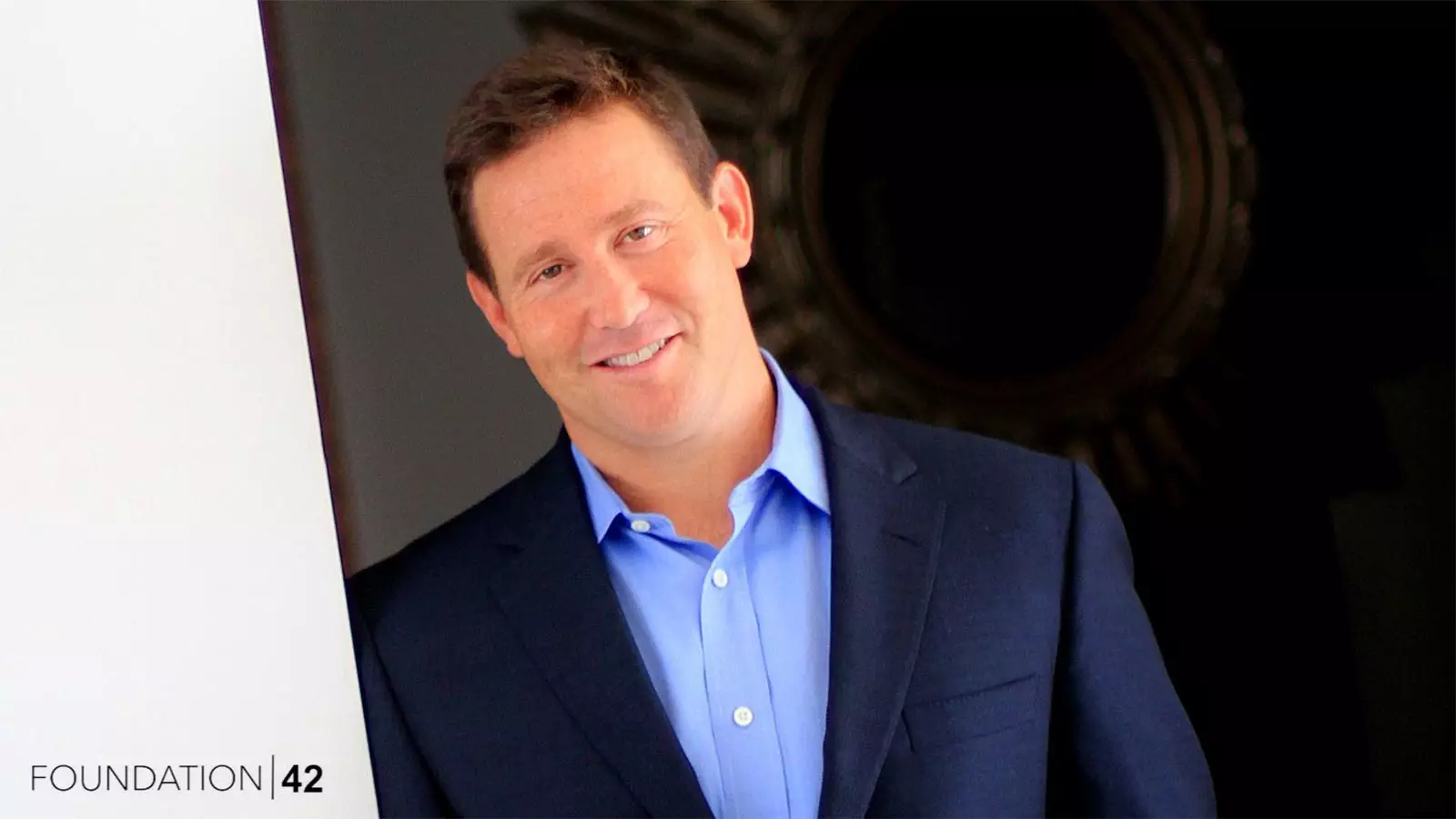The healthcare sector has been under constant scrutiny for decades due to its labyrinthine structure and inefficiencies. With over thirty years of experience observing the intricacies of this field, I find that many well-intentioned reforms often fall flat or, even worse, complicate matters further. The transition from a traditionally rigid healthcare model to one that embraces population health is a monumental task that few organizations navigate successfully. In my tenure as a board member at what was once known as Catholic Healthcare Partners, I witnessed firsthand the challenges associated with implementing transformative changes. Here, leaders like Brent Asplin, a pioneer in medical management, laid the groundwork for a shift toward chronic disease management and patient engagement. Now, a new concept called Foundation|42 aims to build upon these foundational ideas while boldly challenging the status quo.
At the helm of Foundation|42 is Jon Gordon, whose track record as a venture capitalist and business consultant gives him a unique vantage point in addressing our healthcare woes. With his insight derived from successful business practices, Gordon’s underlying belief is that the current model in the U.S. is outdated, failing to leverage modern medical advancements or accommodate patient needs effectively. His proposed solution, however, is not merely a tweak of existing systems but a comprehensive rethinking of how we approach healthcare delivery and financing.
Invited into the early discussions surrounding this initiative, I found myself intrigued yet cautious. The preliminary findings produced during these conversations delineated several guiding principles for a model that could redefine the delivery of healthcare. For instance, the emphasis on a person-centered care strategy aligns well with contemporary needs, advocating for accessibility, equity, and a holistic understanding of patient health over a lifetime.
While the vision articulated by Foundation|42 is compelling, the path to implementation is riddled with obstacles. Historically, healthcare reforms struggle not just due to the complexity of the systems involved, but also because they often grapple with conflicting priorities among stakeholders. The essence of Gordon’s model is shaped by a recognition of these challenges and the intention to address them actively.
One of the primary tenets of this proposal is shifting from a system-centered framework to a person-centered one. This is not merely a semantic adjustment; it requires a seismic shift in how care is designed, delivered, and evaluated. Engendering accessibility and equity is commendable, yet it remains to be seen how these principles will translate into lived realities for patients across varied demographics.
Gordon’s strategic framework, encapsulated in three core stages—Design, Deploy, and Foster—offers a clear pathway for innovation. Initially, the Design stage calls for the creation of an aspirational healthcare model unbound by existing constraints. This is where imagination meets pragmatism, as planning must encompass not only medical efficacy but also fiscal viability. The subsequent stage, Deploy, invites targeted partnerships to refine the model, underscoring the necessity of collaborative effort in validating the proposed changes.
Finally, the Foster stage strives to integrate the learnings into a cohesive framework that promotes a culture of open innovation. Essential to this stage is the need for a community-oriented dialogue, encouraging diverse input and iterative refinements based on real-world experiences. This aligns with the increasingly recognized need for healthcare systems to be fluid and adaptable in a landscape that is ever-shifting.
Will Foundation|42 succeed where other initiatives have stumbled? While there is undoubtedly potential, cautious optimism is warranted. The realities of implementing even minute changes in healthcare can be daunting, and those familiar with the intricacies will recognize the Herculean efforts required. However, Jon Gordon’s relentless drive, combined with the wisdom of over 150 healthcare leaders who have engaged in the initial design process, could catalyze a paradigm shift that the industry so desperately needs.
In closing, the journey toward an effective reimagining of healthcare delivery and financing is fraught with challenges. Nevertheless, initiatives like Foundation|42 hold the promise of illuminating a pathway that transforms healthcare from a system of inequity and inefficiency to one that genuinely values and prioritizes the well-being of individuals. As the conversation continues and the framework adapts, the healthcare landscape may yet find rejuvenation in its most pressing predicaments.


Leave a Reply